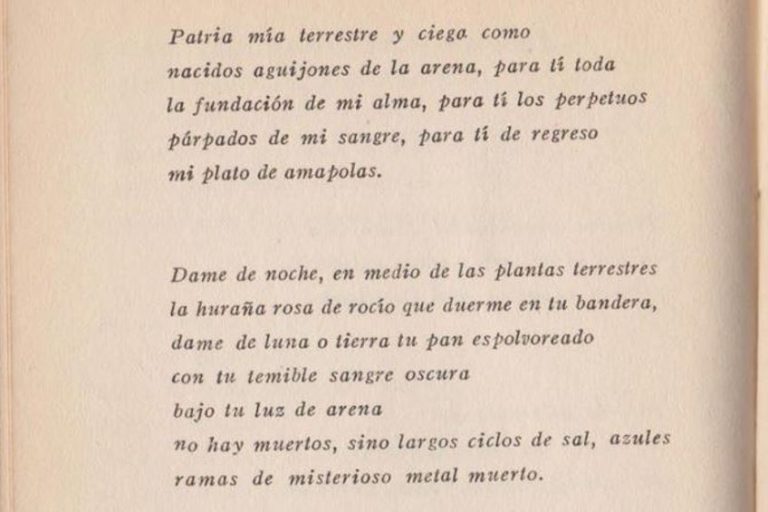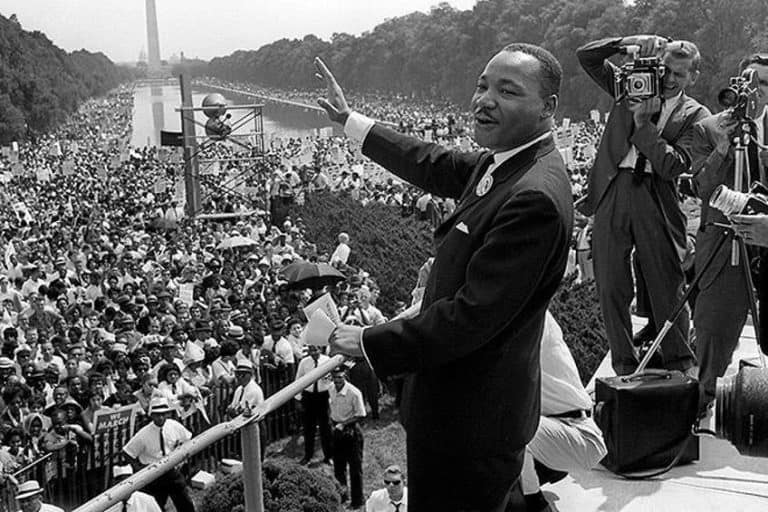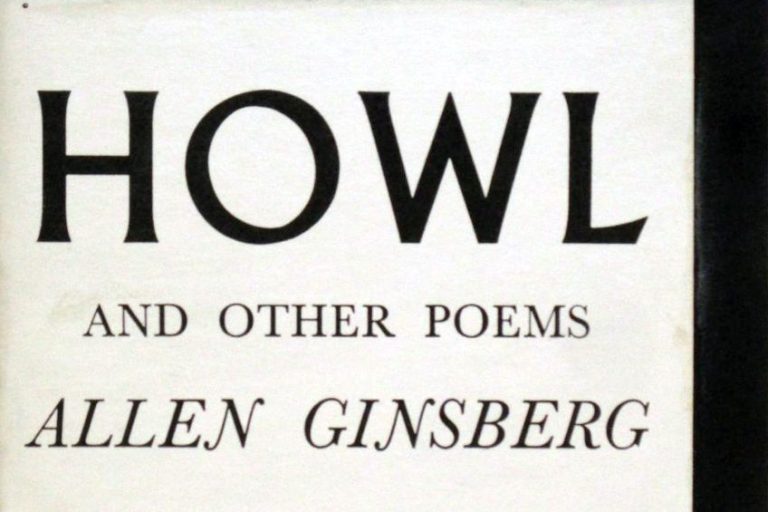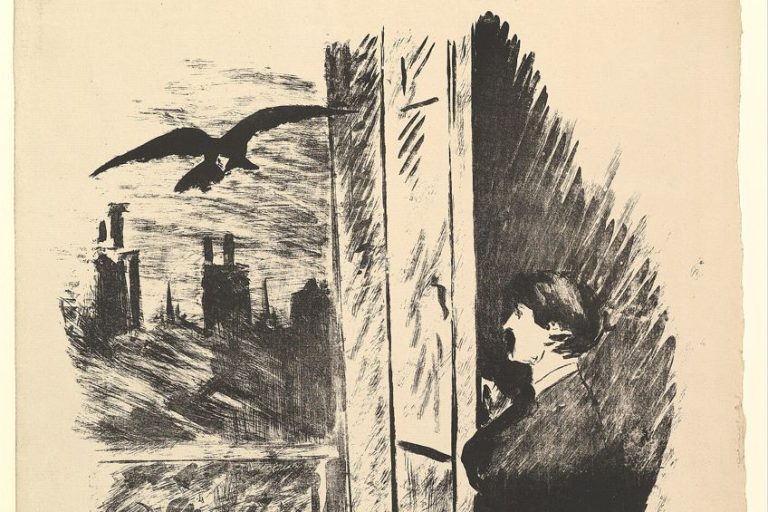“If—” by Rudyard Kipling Analysis – Taking a Closer Look
Rudyard Kipling was one of the most notable writers of the late 1800s and the early 1900s, and his work was often in service to a colonial mentality. The same kind of mentality can be seen in his poem, If—. This is where we will place our focus today. We will examine some of the context around this poem, such as the biography of the poet and the story of the man who inspired the poem in the first place, before we head toward an in-depth If— by Rudyard Kipling analysis. Lastly, we will have a look at the If— poem’s themes and meanings, and the influence that it has exerted. If you would like to learn more about If— by Rudyard Kipling, you’ve come to the right place!
If— by Rudyard Kipling Analysis
| Date Published | 1910 |
| Type of Poem | Didactic poem |
| Rhyme Scheme | Predominantly ABAB |
| Meter | Iambic pentameter |
| Topic | How to live your life |
The poem known as If— by Rudyard Kipling is not one of the best-known poems that this famous colonial writer produced in his life, but it certainly has come to be a significant addition to the history of Victorian-era stoicism poetry that attempted to present some of the ideas surrounding growth, coming of age, and masculinity. The poem also has a connection to the figure of Leander Starr Jameson, but we will get to him in time.

For now, we are instead going to head towards a summary of If— by Rudyard Kipling before we head into a longer and more detailed analysis of the poem. There is some contextual information that will be required before we get to this point, but it shouldn’t be too long before we reach the in-depth If— by Rudyard Kipling analysis that has been promised.
Summary of If— by Rudyard Kipling
It is always best to read an entire article on the analysis of a poem, but we don’t all have the time for such things. So, for those who don’t necessarily have all the time in the world needed to go through a full and in-depth If— by Rudyard Kipling analysis, this is a brief summary of the primary points of the poem.
- If— is about how to live your life. This poem is essentially arranged as a series of statements on how one should conduct one’s life. It ultimately returns to the assertion that if you follow these rules then this will lead to you becoming a real man. So, the poem is about living one’s life and masculinity.
- If— has an alternating rhyme scheme. This Rudyard Kipling poem makes use of an ABABCDCD rhyme scheme. The first stanza does not entirely follow this structure but also does not deviate from it in any significant ways as it instead makes use of an AAAABCBC structure. Which is similar in its second half.
- If— is a didactic poem. The poem does not have a typical structure as many poems do and cannot be slotted into a poetic type like a sonnet or something similar. Instead, it is a poem that attempts to inform, or even educate, the reader about something. In this case, it has a strong focus on teaching us about topics like masculinity and success versus defeat.
These few, short points should provide a general overview and summary of If— by Rudyard Kipling. While these points are far from comprehensive, they do offer a good launching point for further analysis.
If you would also like to read a further If— by Rudyard Kipling analysis, then head to the next section of this article to learn a lot more.
Biography of Rudyard Kipling
| Poetic Movement | Colonial poet |
| Years | 1865 – 1936 |
| Place of Birth | Bombay, India |
| Known For |
|
Rudyard Kipling is considered to be one of the best-known English writers of the transitionary period between the 19th and 20th centuries, and while he was born in India, he was also born to an English family while the country was steadfastly under British rule. He would eventually come to be well-known as a journalist, novelist, short story writer, and poet. While his best-known stories are, by far, those contained within the Jungle Book, he did write significantly further.
Many of his poems, such as Mandalay and The White Man’s Burden, were focused on the European colonial project in some way or another, and he was generally seen as sympathetic to colonizers over the colonized in his works. The poem below is also, in many ways, an extension of this kind of mentality.

Regardless of his place as a fiercely colonial thinker, Rudyard Kipling would remain one of the most well-regarded writers of the 20th century and he would even be awarded the Nobel Prize for Literature in 1907. However, after his death, and following the general trend of the end of traditional colonialism around the world, there tends to be a different view of this writer in the present day.
While many of his works are still enjoyed, the pervasive nature of colonial themes has led to significant disagreement over his place as a cultural icon. He is typically seen today as an unapologetic colonial thinker, and this is typically something that is frowned upon in the modern day.
Some Context: An Understanding of Leander Starr Jameson
Before we get into our in-depth If— by Rudyard Kipling analysis, we should stop for a moment to examine a particular historical figure. To understand the If— poem meanings, ideas, and themes, we should understand the man who served as the poem’s inspiration. This man was the politician, Leander Starr Jameson, who served in colonial South Africa. He started his career as a doctor and moved to the country to continue his practice there.
He even treated several famous figures in the country’s history, such as Paul Kruger.
However, he would eventually enter politics and play a major role in the country that was then known as Rhodesia but is now known as Zimbabwe. This is not where his fame would remain though, as he led the raid that would come to be named after him, the Jameson Raid. This was a failed attempt to trigger an uprising in the South African Republic, and the raid also had the support of Cecil Rhodes. For those unfamiliar, this man was, at the time, the prime minister of the Cape Colony.
The Jameson Raid was a failure, and it led to immense embarrassment for the British Empire as well as the removal of Cecil Rhodes as the prime minister. The raid is also seen as one of the many causes that led to what is known in South Africa as the Second Boer War (1899 – 1902) but is often known elsewhere as the Anglo-Boer War. This raid, and the subsequent fallout, is what Leaner Starr Jameson has come to be remembered for. Sometime after the raid and the war, Rudyard Kipling would produce If— as a tribute to Jameson.

An In-Depth If— by Rudyard Kipling Analysis
If— by Rudyard Kipling is a poem that makes use of a specific structure that is quite individual to this poem. It uses a four-stanza structure in which every stanza makes use of eight lines, and each of those lines has the same length. The lines generally make use of iambic pentameter, and so there are typically ten syllables per line arranged in a specific rhyming formation.
Aside from the first stanza, the rhyme scheme of the poem is consistent throughout. The first of the stanzas makes use of an AAAABCBC structure, but this is also because the first three lines of the poem end with the word “you” and so the later rhyme scheme is not necessarily different from the first, but each word is different and so the rhyme scheme is instead arranged as ABABCDCD. This shows an alternating rhyme structure that is used throughout the poem.
This brief discussion above has only been concerned with the realities of the formal elements, but what kind of a poem is If— by Rudyard Kipling?
The structure is not indicative of any specific type of poetry, such as a sonnet. Instead, this is a type of poetry known as a didactic poem. This refers to a type of poetry that is concerned with the idea of educating the reader in some way. It is explicitly trying to impart lessons of some kind, and that is exactly what If— attempts to do.
Now, we could argue about whether or not all literature is, in some way, didactic because it can teach us about something, but when it comes to poetry that is stated to be didactic, it is usually because the poem’s actual goals have to do with educating the reader. Many poems may educate us, but that is not generally considered to be the reason that they have been written. So, that can be argued as the distinction between a didactic poem and a simple poem that includes some kind of information that could be seen as educational in some way.
One final note before we jump into our in-depth If— by Rudyard Kipling analysis is to understand that it takes place within the context of an understanding of a specific viewpoint from the period known as Victorian stoicism. Standard Stoicism is an ancient Greek philosophy that suggests that we try to understand the machinations of the world as something that we cannot necessarily control on our own. For instance, we cannot control when someone dies or if someone realizes they are no longer in love with us. The only thing that is within our control is how we choose to respond to those situations.

Victorian stoicism is an offshoot of this general idea, and this version saw its origins in the latter half of the 19th century in Britain. It suggested a specific way to conduct oneself. It was focused on discipline, duty, and masculinity. It encouraged a certain way to act as a person, and it was taught and pushed in the public school system. Today, we often see this mentality as the idea of the British “stiff upper lip” viewpoint. It advocates for a way to act around others that usually means a suppression of emotions, a calm demeanor, and discipline.
This poem is an example of this kind of mentality, and as such, it is also seen as a kind of inspirational poem about how you should live your life. If— by Rudyard Kipling provides us with advice on how we might live our lives, and while you may disagree with the specific way in which it encourages us to live our lives, it will likely be an inspiration to a large number of those who do wish to conduct themselves in this manner. And with all of this explained, we can head into our in-depth If— by Rudyard Kipling analysis.
Stanza One
If you can keep your head when all about you
Are losing theirs and blaming it on you;
If you can trust yourself when all men doubt you,
But make allowance for their doubting too:
If you can wait and not be tired by waiting,
Or being lied about, don’t deal in lies,
Or being hated don’t give way to hating,
And yet don’t look too good, nor talk too wise;
We open the poem with the idea of how to keep your head, which is a common expression that refers to how you should think. Immediately, we can see the beginnings of the idea that this poem will try to express to us. It tells us that if you are able to “keep your head” and remain calm while everyone else is running around and freaking out, while also blaming you, then you are someone who can trust yourself.
This is the way that the poem wants us to be as people. It wants us to keep a level head at all times and not give in to emotion.
Here, we see the beginning of one statement on how to be after another. It tells us that we should take the doubts of others into mind, be patient, don’t lie, don’t hate, don’t try to sound too wise when speaking, and don’t try to “look too good”. All of these are often basic ideas that have their roots in ancient moral systems, such as not lying, but it also encourages us against things like hatred or trying too hard to have an attractive appearance, which indicates vanity in the eyes of many, especially when the subject is a man.
All of these kinds of attributes are stated quite simply and without any place for repudiation. The poem does not sit around and tell us that there are occasions in which we should lie. It tells us in secular terms that we must not. We must not become the kind of people who will lie. We must do as we are meant to do and never give in throughout it all.
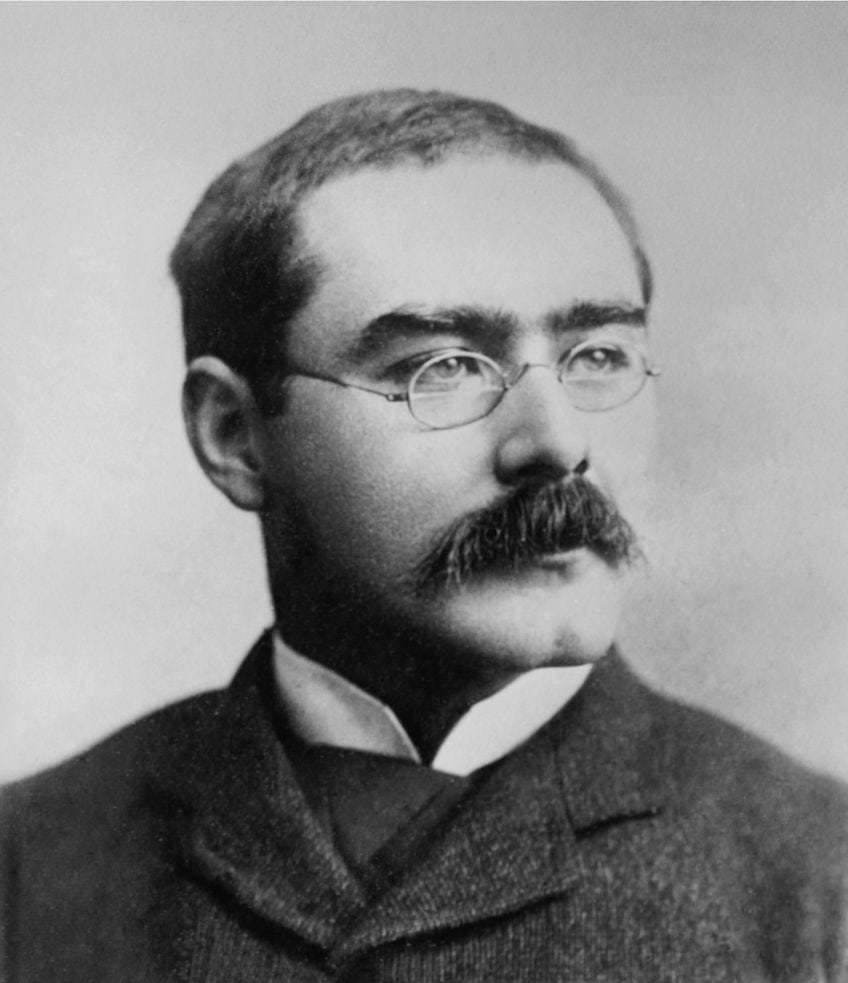
Stanza Two
If you can dream—and not make dreams your master;
If you can think—and not make thoughts your aim,
If you can meet with Triumph and Disaster
And treat those two impostors just the same:
If you can bear to hear the truth you’ve spoken
Twisted by knaves to make a trap for fools,
Or watch the things you gave your life to, broken,
And stoop and build ’em up with worn-out tools;
The second stanza starts us off with a new series of commandments for us to follow. It informs us that while we should dream, we shouldn’t pursue those dreams too much, and the same is true of thinking. This could be seen as something of a critique of trying to work outside the box or engaging in philosophical thinking. We must keep ourselves level with the earth and be a part of this society that we reside within.
It then moves to the ideas of Triumph and Disaster, which are both capitalized to signify their importance.
These can be seen as synonymous with success and failure. So, the poem tells us that if we do meet either of these things and treat them the same way, then you have done good. Basically, if you act the same in winning or losing, you will do well. This can be simplified to mean that you shouldn’t be a sore loser or a sore winner. A good winner or loser is someone who, upon facing failure or success, does not appear happy or sad at the win or loss, then that person is one who is far more stoic in nature.
The poem proceeds to the idea of truth, and if you can still hear the truth within the words of others when they have tried to twist the truth into something that it is not, then you are doing well. This also relates to the final two lines in the stanza which tell us that if everything we have built crumbles around us, we should not fall into despair but should instead pick up our tools and get to work on it again. So far, this view of a stoic and more detached, unemotional perspective has been heavily reinforced.

Stanza Three
If you can make one heap of all your winnings
And risk it on one turn of pitch-and-toss,
And lose, and start again at your beginnings
And never breathe a word about your loss:
If you can force your heart and nerve and sinew
To serve your turn long after they are gone,
And so hold on when there is nothing in you
Except the Will which says to them: ‘Hold on!’
The first four lines of this stanza have to do with trying. It uses the metaphor of gambling but uses it to examine the idea of never giving up in the face of absolute loss. If you are able to bet everything you have, to try your best, and then lose everything but refuse to succumb to misery, you have done well.
You should be able to simply pick yourself back up, dust yourself off, pick yourself up by your bootstraps, and start all over again without even acknowledging the failure.
The next lines tell us that we should be able to control our emotions, to force ourselves to do what we may otherwise struggle to do. We must, regardless of the difficulty and the possibility of failure, keep pushing forward or, as the poem states at the end of the stanza, we must “Hold on!”. The use of a capital for the Will also implies that the Will to Life is an important point here and that we must strive towards what we want in our lives regardless of what failures we may face.

Stanza Four
If you can talk with crowds and keep your virtue,
Or walk with Kings—nor lose the common touch,
If neither foes nor loving friends can hurt you,
If all men count with you, but none too much:
If you can fill the unforgiving minute
With sixty seconds’ worth of distance run,
Yours is the Earth and everything that’s in it,
And—which is more—you’ll be a Man, my son!
The final stanza opens with a look at how we should behave when around others. We should not lose ourselves when in a crowd, we should be ourselves when we meet the powerful, and we must be able to remain fortified against both friends and enemies. We must not allow the words or actions of others influence us too much and our way of being. We must remain ourselves regardless of how others may wish to push us.
The poem ultimately closes with an affirmation that we must be able to keep dashing forward, and it uses the metaphor of an athletic sprint for this.
If we can do all of this then we will be a real man who can claim the world. The poem also uses a capital when discussing becoming a Man because that is what the poem wants from us. The poem has always been addressed to men, and all of the attributes listed above are those that are traditionally associated with masculinity.
Now, before we close, it should be noted that these attributes are what Rudyard Kipling, in this poem, has suggested as good attributes to possess as a man. And this poem was also dedicated to, as we discussed above, the figure of Leander Starr Jameson, who led a disastrous attack that ultimately failed and is now seen as a contributory factor to a later war. Kipling saw this man as a kind of template for these sorts of attributes. However, he is today best known for his failure in the Jameson Raid.
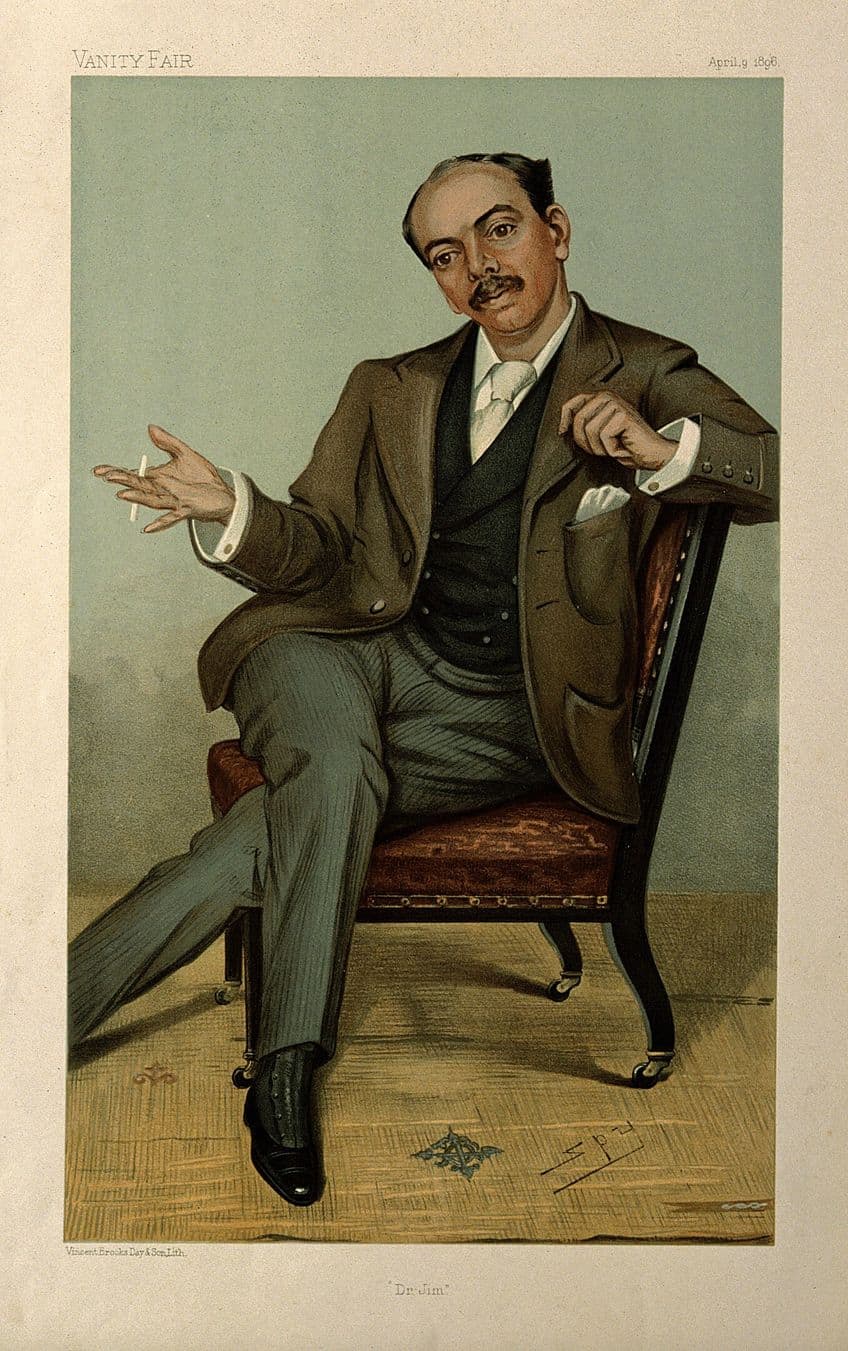
All of this is to say that you should take what anyone claims to be the true attributes of a man with a pinch of salt. There are different ideas about what does and does not constitute masculinity, and this is only one way of looking at masculinity and men in general. So, that has been our in-depth If— by Rudyard Kipling analysis, and hopefully, it has been one that makes the poem understandable.
The If— Poem Themes and Meanings
If— by Rudyard Kipling is a didactic poem that wants to encourage a certain way of being in those who read it. It has already been discussed how this poem has a Victorian stoicism perspective. The If— poem themes are centered around this and, more specifically, about ways to conduct oneself as a man, especially in the face of success or defeat. The poem wants to encourage us in a specific way to act, and it attempts to serve as an inspirational text to those who agree with this kind of message.
So, there is no single meaning or theme that can be found in an If— by Rudyard Kipling analysis, but we can see the focus on how to deal with successes and failures, how to live our lives, and how to be human in general.
These attributes are discussed with a view towards strength, a solid work ethic, righteousness, virtuousness, and so on. These are intended as powerful statements and ideas about how you should live your life. The poem’s ultimate meaning is to be a piece of educational and inspirational material for those who may need it. Although, this does also mean that it is ascribing what Kipling believed to be the correct way of living one’s life.
The Influence of If— by Rudyard Kipling
If— by Rudyard Kipling would have a large influence on literature after its publication as well as popular culture at large. It was seen as an inspirational poem and, while it hasn’t remained one of the most famous poems by Rudyard Kipling in comparison to some of his other works, it has remained a popular one.
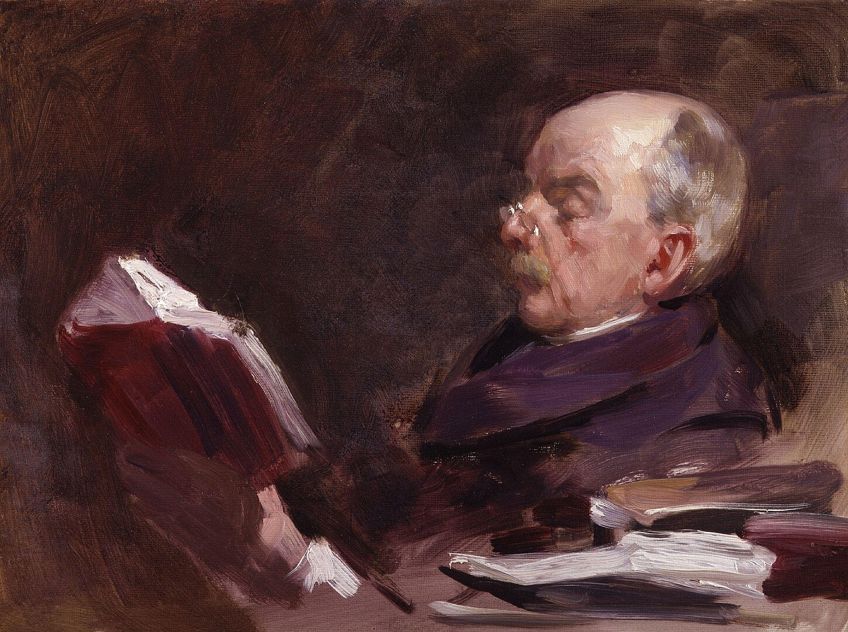
The poem’s poetic technique of repetition has been adopted by other poets and is seen as influential in that sense. In addition to this, the If— poem meaning and its exploration of ideas surrounding resilience, humility, stoicism, and so on, has made this poem an influential one for those seeking more inspirational works.
With this final examination of the influence of If— by Rudyard Kipling, we can close this analysis. Today, we have examined the context around this poem, alongside an in-depth If— by Rudyard Kipling analysis. We have also examined some of the If— poem themes and ideas as well as the influence that it would ultimately have. Hopefully, this has been a good overview of the poem and helpful to any who may wish to learn more about it. There are many other Rudyard Kipling poems, and while many of them are controversial by today’s standards, it can be beneficial to understand why that is the case, and so they are worth a read.
Frequently Asked Questions
What Is If— by Rudyard Kipling?
This is a poem by Rudyard Kipling. It is not one of the most famous poems he wrote in his life, but it has come to be a great example of Victorian-era stoicism. It is also noted for being a tribute to Leander Starr Jameson, who is now generally seen in a negative light because of his role in the Jameson Raid. This poem may not be one of Kipling’s best-known works, but it has remained a great example of the kind of work that he produced.
Who Was Rudyard Kipling?
He was a writer who is often seen as one of the most famous of the British colonial writers of the late-19th and early-20th centuries. He was often seen as one of the greatest writers of his age and was even awarded a Nobel Prize for Literature in 1907. Furthermore, he was awarded this prize at a younger age than anyone else had ever attained it, as he was only 41 at the time. Kipling was one of the most popular writers of his age, but in more recent years, his work has come under increased scrutiny for his unapologetic support of colonialism.
What Kind of Poem Is If— by Rudyard Kipling?
This poem is an example of didactic poetry. This is a type of poetry that attempts to teach the reader in some or another way. The If— poem themes and meanings are meant to impart wisdom to the reader and to have us think more deeply about the topic on display. However, this poetic form can also be seen as a strange one as all poetry can impart some kind of an idea or message, but didactic poetry makes this far more explicit a goal than most other examples of poetic forms.
Who Was Leander Starr Jameson?
This figure was a doctor who migrated to South Africa in the late-19th century and eventually turned to politics. He played a significant role in the politics of Zimbabwe (known as Rhodesia at the time) during this period, but would primarily come to be known for the ill-fated raid that was named after him, the Jameson Raid. This was an attempt to trigger an uprising in the Afrikaans-controlled South African Republic but was ultimately a failure that served as a contributory factor in the later Anglo-Boer War (1899 – 1902).
What Is Victorian-Era Stoicism?
This was the term used to refer to a specific cultural ideal that was seen as preferable in Britain in the late-19th century. It was based on Classical Stoicism and was formed around the idea of discipline and duty. It is often noted for its more masculine perspective that focused on strength, and contributed to the general idea of the British mentality of the stiff upper lip concept. This philosophical position had a major influence on British society at the time and into the present.
Justin van Huyssteen is a freelance writer, novelist, and academic originally from Cape Town, South Africa. At present, he has a bachelor’s degree in English and literary theory and an honor’s degree in literary theory. He is currently working towards his master’s degree in literary theory with a focus on animal studies, critical theory, and semiotics within literature. As a novelist and freelancer, he often writes under the pen name L.C. Lupus.
Justin’s preferred literary movements include modern and postmodern literature with literary fiction and genre fiction like sci-fi, post-apocalyptic, and horror being of particular interest. His academia extends to his interest in prose and narratology. He enjoys analyzing a variety of mediums through a literary lens, such as graphic novels, film, and video games.
Justin is working for artincontext.org as an author and content writer since 2022. He is responsible for all blog posts about architecture, literature and poetry.
Learn more about Justin van Huyssteen and the Art in Context Team.
Cite this Article
Justin, van Huyssteen, ““If—” by Rudyard Kipling Analysis – Taking a Closer Look.” Art in Context. November 27, 2023. URL: https://artincontext.org/if-by-rudyard-kipling-analysis/
van Huyssteen, J. (2023, 27 November). “If—” by Rudyard Kipling Analysis – Taking a Closer Look. Art in Context. https://artincontext.org/if-by-rudyard-kipling-analysis/
van Huyssteen, Justin. ““If—” by Rudyard Kipling Analysis – Taking a Closer Look.” Art in Context, November 27, 2023. https://artincontext.org/if-by-rudyard-kipling-analysis/.




